Del Ponte, Pentagon's "persona non grata"
The issue of NATO's responsibility for war crimes is explored in Carla Del Ponte's new book.
Saturday, 15.03.2008.
17:46

The issue of NATO's responsibility for war crimes is explored in Carla Del Ponte's new book. In her as yet unpublished book that Beta news agency has had access to, the former chief Hague prosecutor writes that she had hoped to reopen an investigation into NATO actions during the 1999 bombing of Serbia by the end of her mandate, "once the prosecution's work was not so dependent on the Alliance". Del Ponte, Pentagon's "persona non grata" The book, entitled "The Hunt", describes how Del Ponte encountered difficulties in her attempts to gather evidence against NATO commanders, how she subsequently dropped the investigation "for technical and political reasons", and how all this made her a "persona non grata" at the Pentagon. From March 24, until June 11, 1999, the North Atlantic Treaty Organization (NATO) engaged in war against Serbia with the goal of driving the country's security forces out of Kosovo, after failed attempts to arrive at a negotiated solution between the Serbian authorities, led by Slobodan Milosevic, and ethnic Kosovo Albanians. Del Ponte describes the events linked to the probe conducted by a prosecution commission, set up to ascertain whether it had access to evidence that could lead to a wider investigation of incidents that resulted in civilian deaths, such as the bombing of the state broadcaster RTS, the passenger train in the Grdelicka Gauge, and the Chinese embassy in Belgrade. "But it was clear to me and to my team that NATO is either hiding important information about the selection of targets, or that this information was in the hands of NATO member states and their governments, and that they has no intention to disclose them. China gave us nothing, even Belgrade refused to cooperate in a useful manner," she writes. The former chief prosecutor also claims in her book that she was never pressured by NATO to stop investigating. "But it is not difficult to arrive at a conclusion that it's impossible to conduct a probe into NATO if NATO member states have no intention to cooperate with us," Del Ponte said, and added that the Alliance did not provide access to necessary documents. Del Ponte explained that if she persisted on conducting the NATO investigation, "not only would those attempt have failed, but my office would be unable to continue and persecute those suspected of crimes committed by the local forces in the 1990s [Balkan] wars". "Security conditions that the Tribunal works in, in Bosnia and Kosovo, depend on NATO. The Tribunal's expert forensic teams are only able to dig up mass graves because they have NATO protection. Arresting the fugitives is up to NATO's intelligence work," she continued. Finally, when the commission said that, although NATO's campaign against Serbia was illegal, launching a full investigation would be unjustified considering that the evidence gathered could not lead to indictments of the Alliance's top brass, the Swiss prosecutor says she was "disappointed". "Nobody cooperated with us – that was the technical problem. Politically, it was impossible to carry on without compromising the rest of the Tribunal's work," Del Ponte wrote, according to Beta. She also asserted she was ready to continue with the investigation "at a later date". "I thought we could slowly collect the evidence, without making much noise, and put together an indictment, as my mandate came to an end, in other words, as the Tribunal's existence as an institution came to an end, when NATO's support would no longer be so crucial." "Later on I was informed that I became a persona non grata at the Pentagon. Until 2005 I could not interview anyone there," Del Ponte said, and added that new evidence never emerged. Several years later, she attended the testimony given at the Hague Tribunal of the former NATO commander in Europe, U.S. General Wesley Clark. He was testifying at the Milosevic trial when the former Yugoslav president asked him about the bombing campaign of 1999, which Clark commanded. "For the only time during the entire process [Milosevic trial], I felt I was on Milosevic's side," she revealed. "I listened carefully, hoping that Clark will disclose something that will enable me to reopen the investigation. But Judge Richard May immediately banned 'this line of questioning'." "I was disappointed," Del Ponte wrote.
Del Ponte, Pentagon's "persona non grata"
The book, entitled "The Hunt", describes how Del Ponte encountered difficulties in her attempts to gather evidence against NATO commanders, how she subsequently dropped the investigation "for technical and political reasons", and how all this made her a "persona non grata" at the Pentagon.From March 24, until June 11, 1999, the North Atlantic Treaty Organization (NATO) engaged in war against Serbia with the goal of driving the country's security forces out of Kosovo, after failed attempts to arrive at a negotiated solution between the Serbian authorities, led by Slobodan Milošević, and ethnic Kosovo Albanians.
Del Ponte describes the events linked to the probe conducted by a prosecution commission, set up to ascertain whether it had access to evidence that could lead to a wider investigation of incidents that resulted in civilian deaths, such as the bombing of the state broadcaster RTS, the passenger train in the Grdelička Gauge, and the Chinese embassy in Belgrade.
"But it was clear to me and to my team that NATO is either hiding important information about the selection of targets, or that this information was in the hands of NATO member states and their governments, and that they has no intention to disclose them. China gave us nothing, even Belgrade refused to cooperate in a useful manner," she writes.
The former chief prosecutor also claims in her book that she was never pressured by NATO to stop investigating.
"But it is not difficult to arrive at a conclusion that it's impossible to conduct a probe into NATO if NATO member states have no intention to cooperate with us," Del Ponte said, and added that the Alliance did not provide access to necessary documents.
Del Ponte explained that if she persisted on conducting the NATO investigation, "not only would those attempt have failed, but my office would be unable to continue and persecute those suspected of crimes committed by the local forces in the 1990s [Balkan] wars".
"Security conditions that the Tribunal works in, in Bosnia and Kosovo, depend on NATO. The Tribunal's expert forensic teams are only able to dig up mass graves because they have NATO protection. Arresting the fugitives is up to NATO's intelligence work," she continued.
Finally, when the commission said that, although NATO's campaign against Serbia was illegal, launching a full investigation would be unjustified considering that the evidence gathered could not lead to indictments of the Alliance's top brass, the Swiss prosecutor says she was "disappointed".
"Nobody cooperated with us – that was the technical problem. Politically, it was impossible to carry on without compromising the rest of the Tribunal's work," Del Ponte wrote, according to Beta.
She also asserted she was ready to continue with the investigation "at a later date".
"I thought we could slowly collect the evidence, without making much noise, and put together an indictment, as my mandate came to an end, in other words, as the Tribunal's existence as an institution came to an end, when NATO's support would no longer be so crucial."
"Later on I was informed that I became a persona non grata at the Pentagon. Until 2005 I could not interview anyone there," Del Ponte said, and added that new evidence never emerged.
Several years later, she attended the testimony given at the Hague Tribunal of the former NATO commander in Europe, U.S. General Wesley Clark. He was testifying at the Milošević trial when the former Yugoslav president asked him about the bombing campaign of 1999, which Clark commanded.
"For the only time during the entire process [Milošević trial], I felt I was on Milošević's side," she revealed.
"I listened carefully, hoping that Clark will disclose something that will enable me to reopen the investigation. But Judge Richard May immediately banned 'this line of questioning'."
"I was disappointed," Del Ponte wrote.










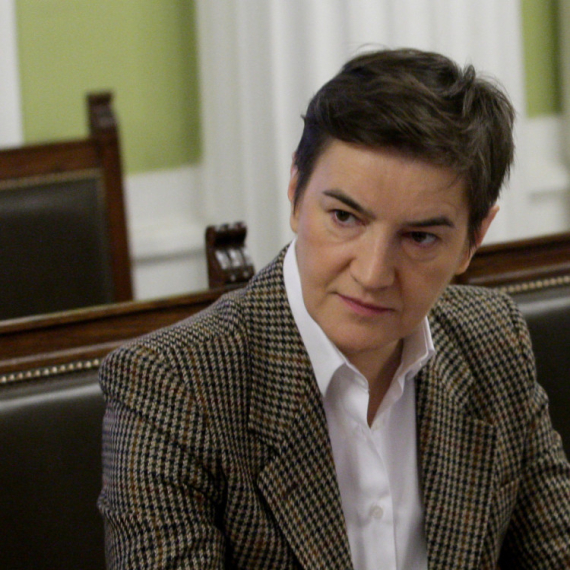


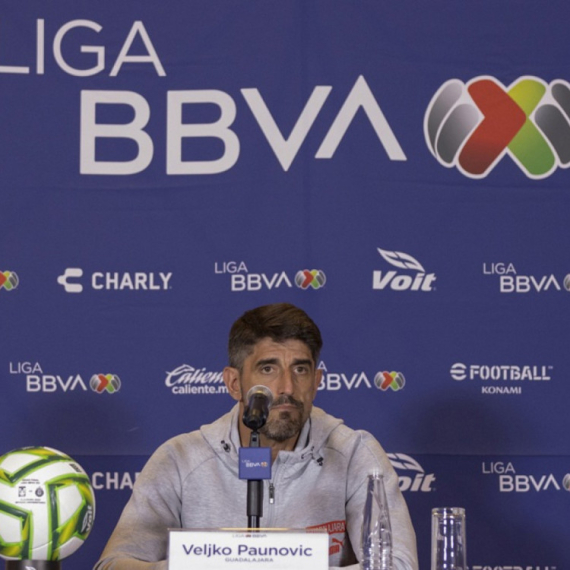
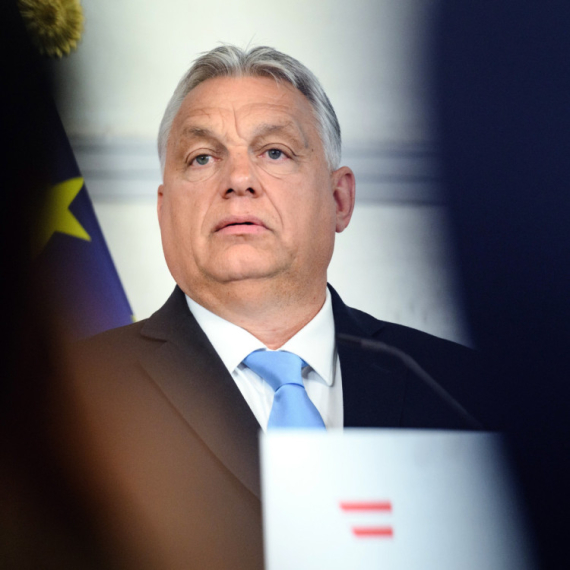

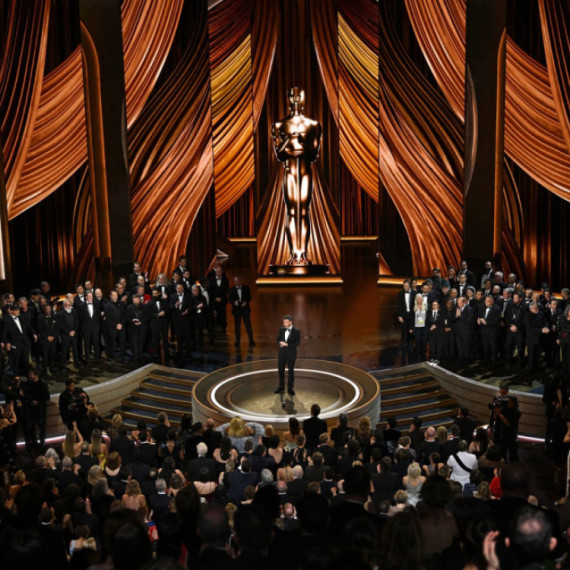












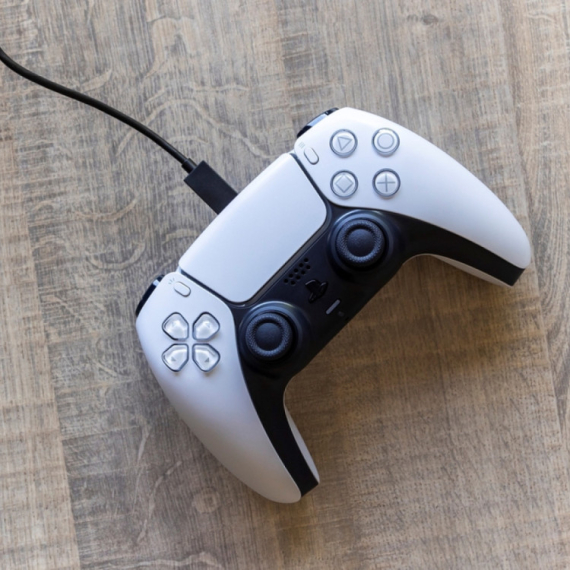


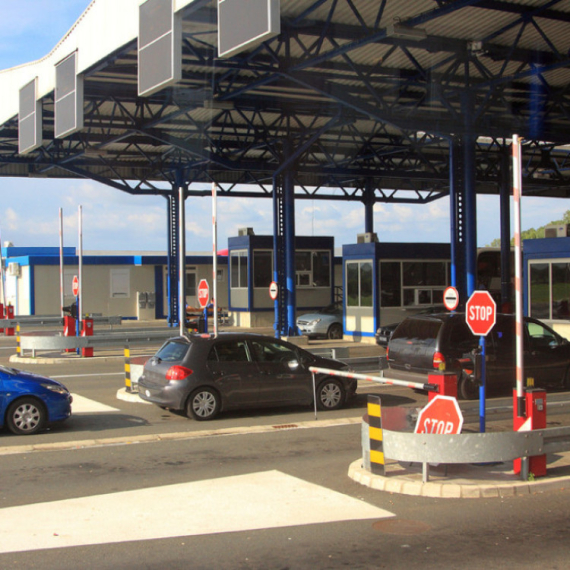





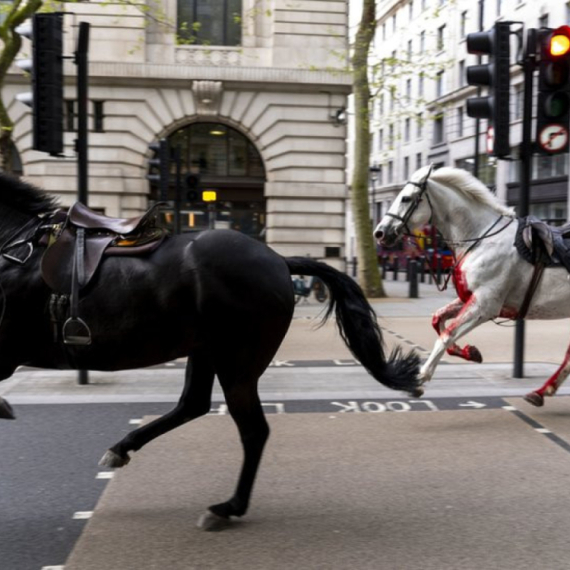
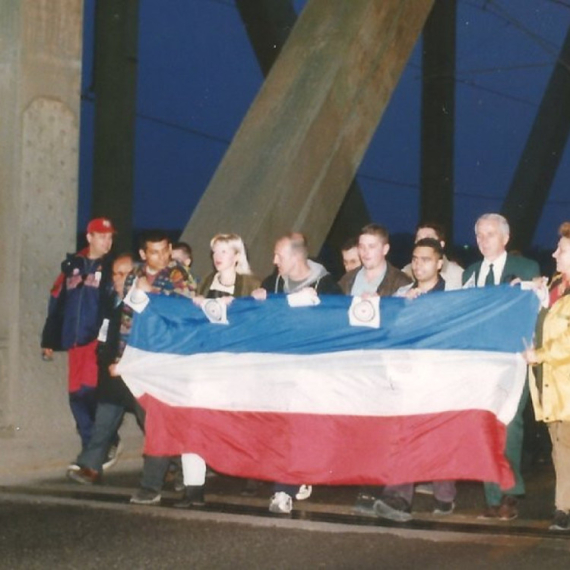

Komentari 10
Pogledaj komentare